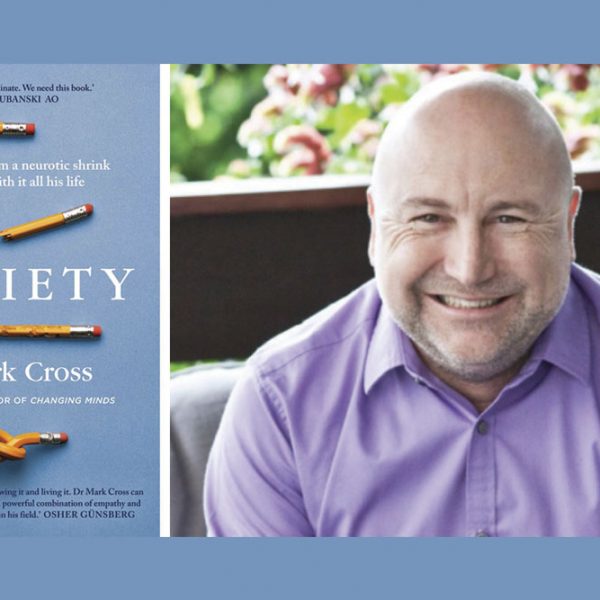This podcast features Keith Johnston, who is co-author of, in my opinion, one of the most powerful and influential books on organisational change written in the last 10 years. The book is titled Simple Habits for Complex Times and his co-author is Jennifer Garvey Berger.
Apart from being the Chair of a global organisational change consultancy (Cultivating Leadership), Keith was previously the Chair of Oxfam International, and before that held a number of senior management roles.
The predictable versus the unpredictable
Keith begins this podcast by observing that organisational change should not be pursued as if there is a right answer on how to achieve it. Instead, the path ought to be discovered by virtue of experimentation. These two approaches stem from different mindsets.
Keith explains that the tools of predicting, planning and controlling are very suitable in domains that are more predictable, but they are decidedly unhelpful when it comes to dealing with changing complex systems. For example, areas including logistics management, project management, or even setting up and running booking systems, which all reside in the predictable domain, respond very well to these traditional management tools.
On the other hand, when dealing with changing complex systems, Keith suggests that the first step is to keenly observe the patterns of the system. Then, since we cannot know which specific causes are creating particular effects, our wisest approach is to probe and test the system by experimenting on the edges. Each time we act on the system, and watch carefully for the response, we learn about the system and how we might amplify the patterns we want, and dampen the patterns we do not want.
Culture change within an organisation, or any change where the intention is to align people around a particular goal or vision, are key examples which involve changing complex systems.
What mindset shift is required to change complex systems?
Keith explains that experimentation actually happens often in organisations, but usually at the margins, and under the radar. It’s there that experimentation can happen without becoming an “initiative” needing a “business case”.
He observes that business-sponsored experimentation often suffers from the mindset which “looks for the experiment most likely to succeed”, rather than the place where the learning might be maximised.
To help shift out of that mindset, and change complex systems, Keith recommends the implementation of safe-to-fail experiments, i.e. experiments that won’t create problems if they fail, and where learning can be maximised.
What are the characteristics of safe-to-fail experiments?
Keith explains that boundaries are required for safe-to-fail experiments to be effective. In other words, we need to know that failure will not produce problematic outcomes and that working within certain guard rails will ensure that. This helps to make the experiments a safe place to learn.
He goes on to say that these experiments also ought to have the intention of moving us in a certain direction, rather than to a particular destination. This thinking is especially important when considering safe-to-fail experiments in complex environments. Complex environments are by definition impossible to accurately predict, so insisting on a particular destination is unwise. Rather, experimenting to move in a direction where some system tendencies are increased, and others are decreased, is a more realistic and efficacious approach. In doing so, the system is “nudged” in a certain direction while learning is happening concomitantly.
Safe-to-fail experiments should look at the “edge” of the issue. Rather than attempting to attack the “core issue” it is usually better to work at the margin of it, or a small aspect of it, or perhaps work on it in a remote part of the organisation.
Finally, these experiments are not traditional science experiments which might be designed with a double-blind placebo, but rather should be quick, cheap and pragmatic. They should not require lots of resources, and they should not attract the critical eye of a centralised financial function. Also, to maximise learning, Keith advises including experiments which go in opposite directions.
We hope you enjoy this short podcast with a leader in the field of organisational change.
INTRO MUSIC:
Inspired by Kevin MacLeod
Link: https://incompetech.filmmusic.io/song/3918-inspired
License: http://creativecommons.org/licenses/by/4.0/
OUTRO MUSIC:
Adding The Sun by Kevin MacLeod
Link: https://incompetech.filmmusic.io/song/5708-adding-the-sun
License: http://creativecommons.org/licenses/by/4.0/



